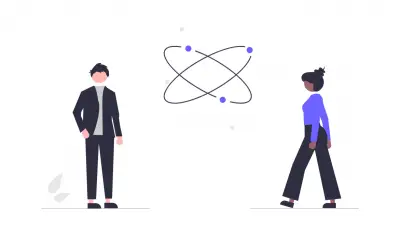
Physics Questions and Answers
If you want to learn more about the nature and properties of matter and energy or you're simply preparing for a Physics exam, these Physics past questions and answers are ideal for you.

If you want to learn more about the nature and properties of matter and energy or you're simply preparing for a Physics exam, these Physics past questions and answers are ideal for you.
4.00 V
2.20 V
0.15 V
8.00 V
Correct answer is B
Lost voltage = I x R
= 4 x 0.55
= 2.2V
γ = α−3
γ = α
3α
γ = α3
Correct answer is C
volumetric expansion (γ) = 3x Linear expansion
increase weight of tyres
increase friction
increase its longevity
look good
Correct answer is B
Tire treads provide your tires the ability to grip the road safely enhancing proper traction.
Helps your vehicle to be able to accelerate smoothly and as well to be able to brake more quickly.